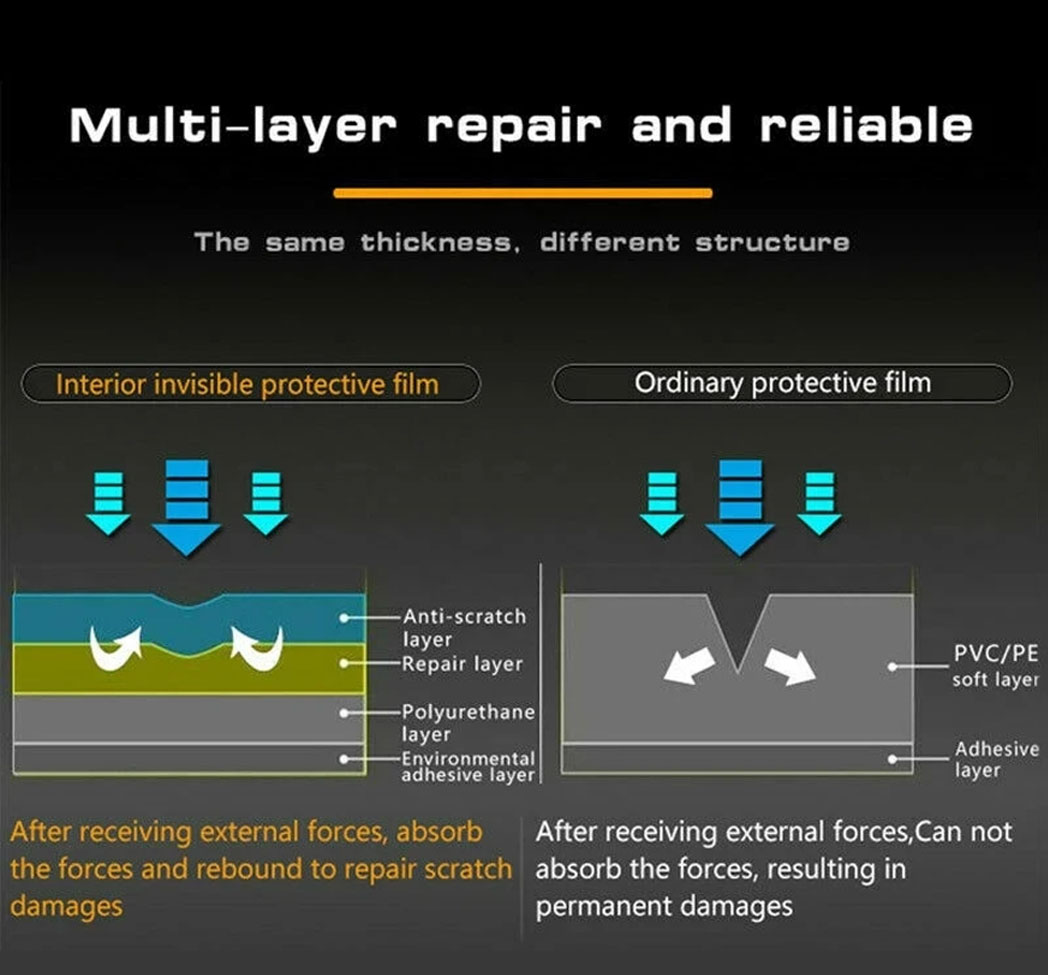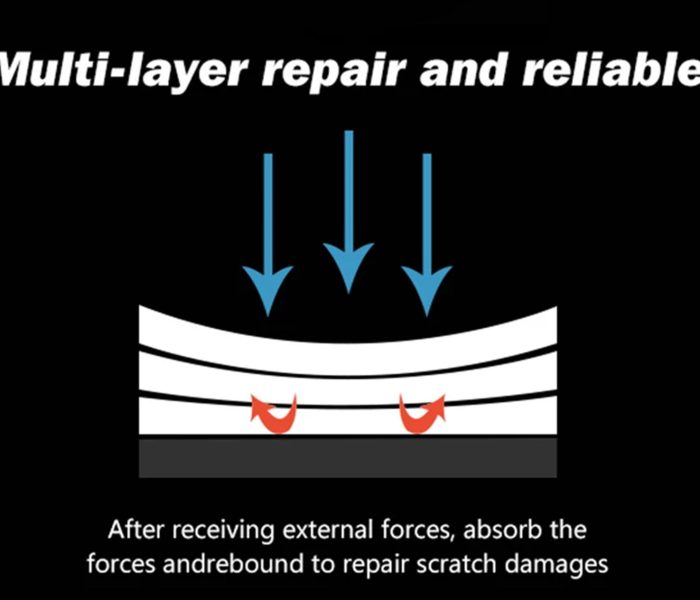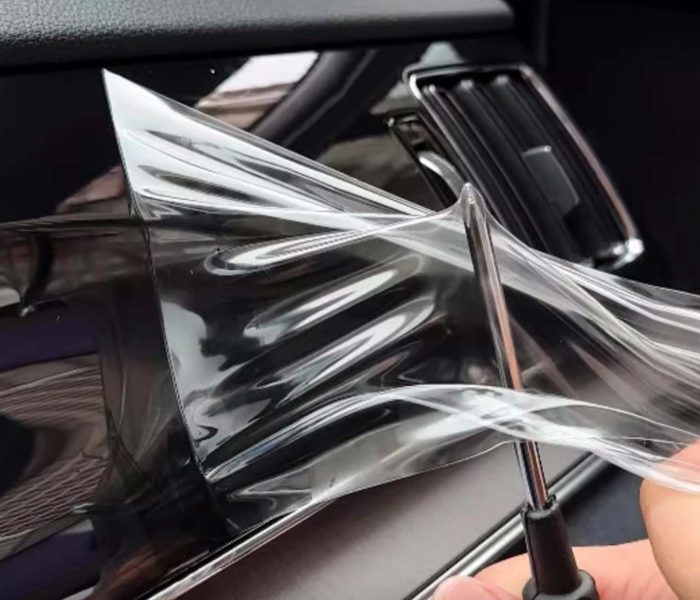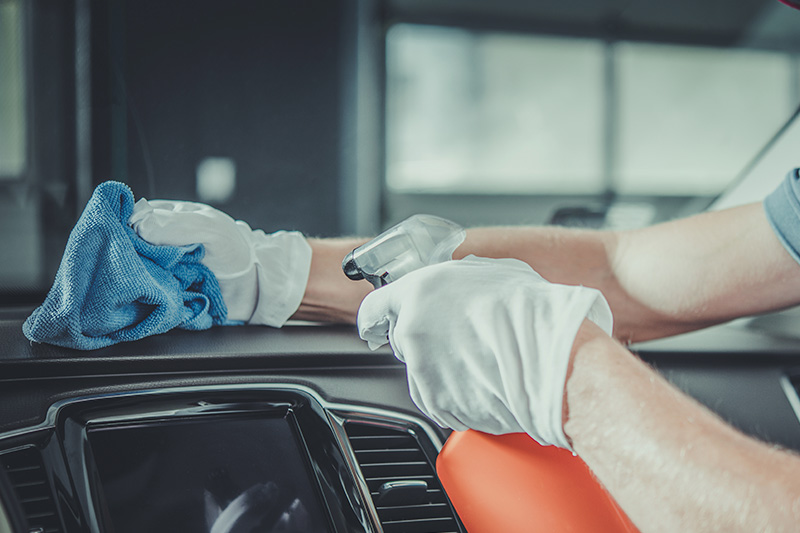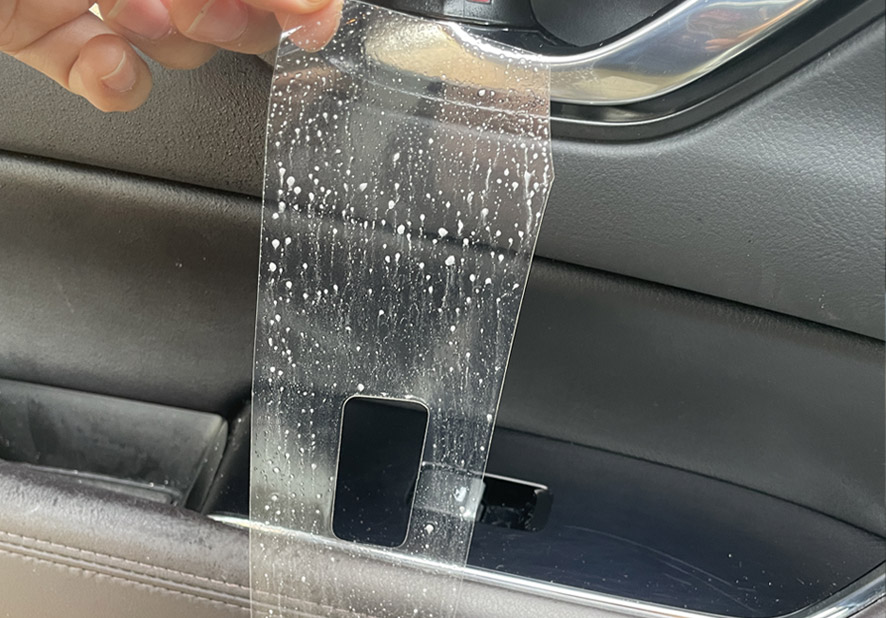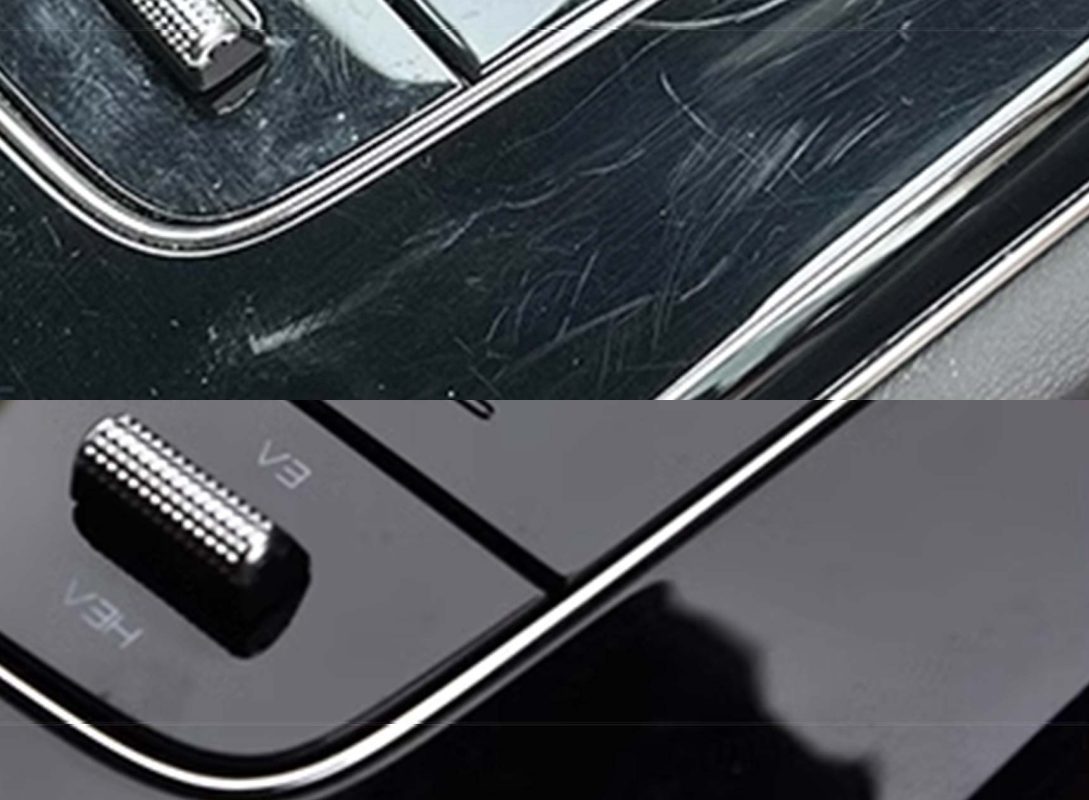In the realm of automotive care and protection, Thermoplastic Polyurethane (TPU) films have emerged as a crucial innovation for safeguarding car interior surfaces. These films offer a sophisticated solution to prevent scratches and maintain the pristine condition of interior panels. This article delves into the mechanisms by which TPU films absorb damage and effectively shield car interiors from scratches.
Elasticity and Impact Resistance
TPU films are prized for their exceptional elasticity and impact resistance. When applied to car interior surfaces, TPU forms a flexible yet resilient layer that absorbs the force of impacts and prevents scratches. This property is particularly valuable in high-traffic areas like door panels, where accidental bumps and abrasions are common. By cushioning against such impacts, TPU films protect the underlying surfaces from visible damage, ensuring they retain their original appearance over time.
Physical Barrier Against Abrasions
One of the primary functions of TPU films is to create a durable, transparent barrier on interior surfaces. This barrier acts as a shield against scratches caused by everyday activities such as entering and exiting the vehicle, handling items, or accidental contact with objects. By absorbing the friction and abrasion that would otherwise damage the surface, TPU films effectively mitigate the risk of scratches, preserving the interior’s aesthetic appeal and enhancing its longevity.
UV Protection and Preventing Fading
In addition to physical protection, TPU films offer significant UV resistance. Exposure to sunlight can cause interior materials to fade and degrade over time. TPU films act as a barrier against UV rays, preventing these harmful effects and maintaining the color vibrancy of interior surfaces. This UV protection not only enhances the appearance of the car’s interior but also extends the lifespan of materials such as leather, plastics, and textiles.
Chemical Resistance
Automotive interiors are exposed to various chemicals and contaminants, including cleaners, oils, and spills. TPU films exhibit strong chemical resistance, preventing these substances from penetrating or staining the underlying surfaces. This resistance ensures that interior materials remain pristine and free from discoloration or damage caused by chemical exposure.
Easy Maintenance and Cleanliness
Maintaining a clean and hygienic car interior is essential for comfort and aesthetics. TPU films contribute to easy maintenance by providing a smooth, non-porous surface that is effortless to clean. Dirt, dust, and liquids can be wiped away with ease, ensuring that the interior remains spotless without leaving residues or marks. This ease of maintenance is particularly beneficial for busy car owners who value a polished interior appearance with minimal effort.
Thermoplastic Polyurethane (TPU) films represent a sophisticated solution for protecting car interior surfaces from scratches and damage. Through their elasticity, impact resistance, UV protection, and chemical resistance, TPU films effectively absorb damage and maintain the pristine condition of interior panels. By investing in TPU films, car owners can ensure their vehicles retain their aesthetic appeal, enhance resale value, and enjoy long-lasting protection against everyday wear and tear.

